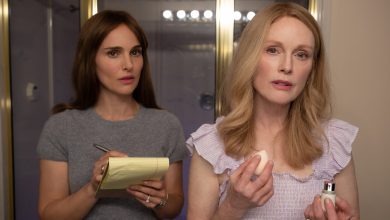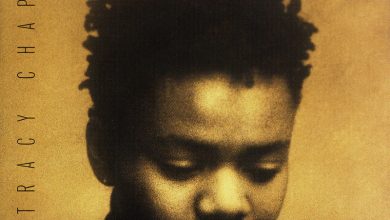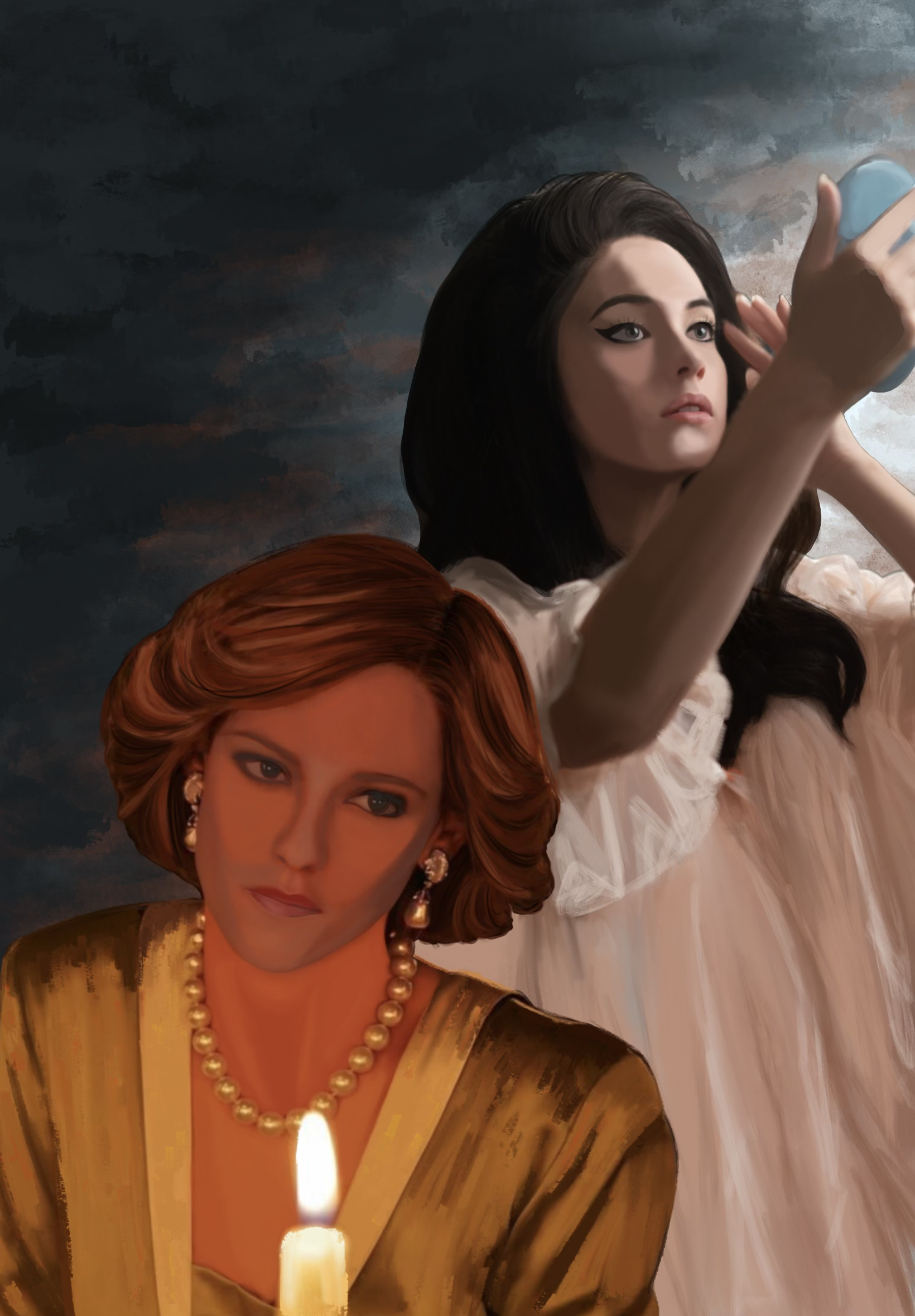Mulan: A Call for Representation

Illustration by Lisa Chan.
As a little girl, I felt left out whenever I saw movies because very few included Asian characters. Those movies were like a message telling me that I was unimportant, that I could never be the hero of any story, that I could never be a star. “Mulan” spoke to me in a way that none of the other movies did because it showed me a girl like me, someone I could identify with and take inspiration from. “Mulan” told me that I, as well as my culture, had just as much value as any other I’d seen on screen.
However, movies like “Mulan” are rare exceptions. American society is incredibly diverse, and yet our film industry does not reflect that diversity. A study done in February by the USC Annenberg School of Communication and Journalism revealed that people of color are still highly underrepresented in Hollywood films, with less than 30 percent of all roles going to non-white actors.
People of color make up about 40 percent of the American population. We are a large part of America and we deserve to see characters on screen whom we can identify with, characters that reflect who we are. We need more representation in our media to reflect our diversity, and whitewashing is a major barrier to diversity.
Nearly three weeks ago, the blog AngryAsianMan posted an open letter exposing Hollywood’s underlying racism. The letter’s claims, which were later confirmed in a tweet by actor Joel de la Fuente, revealed a major case of whitewashing in the preliminary, or spec, script for Disney’s upcoming live-action “Mulan” movie. The script would star a white male love interest who would save China in order to win Mulan’s heart. Disney has since reassured audiences that both Mulan and her love interest will be Chinese. The company has also stated that the spec script was intended to serve as a starting point and is currently being revised.
So what’s the problem? The fact that Disney thought that this heavily whitewashed spec script was appropriate to use at all. “Mulan” is an important cultural tale that speaks of the power and bravery of a young Asian girl who defies traditional gender roles to become a national heroine. The very existence of that spec script perpetuates erasure of Asians from the media as well as the idea that only white, cisgender heterosexual men can be heroes.
Although movies exist for entertainment and enjoyment, they have a very real impact on society. Excluding people of color from films marginalizes them, tells them that they are not important. It diminishes self-esteem in non-white children, who have a very limited pool of cinematic role models to choose from.
That’s why “Suicide Squad,” for all its faults, deserves credit for its incredible casting. Lead actor Will Smith expressed his excitement in a statement to Variety Magazine, saying “what I love about working with this group, as you see up on this stage, it’s a rainbow. It’s all races, creeds, and colors. This is the diversity that this country is supposed to be about. It’s the inclusion this country is supposed to be about.”
“Suicide Squad” does indeed star multiple black actors, Latino actors, and an Asian lead, all of whom play major roles in the movie. Yet, critics focused heavily on Jared Leto’s interpretation of the Joker, failing to praise any of the movie’s non-white leads. Despite the negative reception from critics, people of color flooded the theaters to support the diverse movie, making it a box office hit that grossed over $750 million and is set for an extended cut release this December.
There is no excuse for lack of diversity and racial insensitivity in film projects when Netflix’s “Luke Cage,” a show with a majority black cast, has gained a spot among Netflix’s top five most-watched original shows. It tells the story of a black ex-convict who uses his superpowers to clear his good name and protect his beloved city from crime.
The show’s popularity proves that POC-led stories resonate with audiences. “Luke Cage” even takes representation one step further, dressing its titular character in a hoodie as a nod to shooting victim Trayvon Martin. The show uses Luke Cage’s superhero status to break racist stereotypes of black men as criminals. This representation of black culture in a positive and heroic light is groundbreaking and uplifting for audiences who have been marginalized by hurtful racist tropes.
Representation matters because it is a way to combat racism by promoting diversity, empathy, and understanding. It’s important for people of color to see their own stories and lives reflected on the big screen, and it is also necessary for white people to see people of color in movies and familiarize themselves with cultures and backgrounds they may be unaware of.
After the credits roll, audiences return to reality and their own lives. As a woman of color, I go home from the theater disappointed that there is hardly anyone I can identify with on screen. I encounter racism in the form of slurs and hateful messages to “go back” to a country I do not know.
Racism will not be solved in a single day, but representation is a good start to recognizing and acknowledging people of color. We are not outsiders; we are here, we are real, and our stories have value. Our call for representation in the media is a valid message demanding the equality and diversity this country touts as its most sacred foundations.




